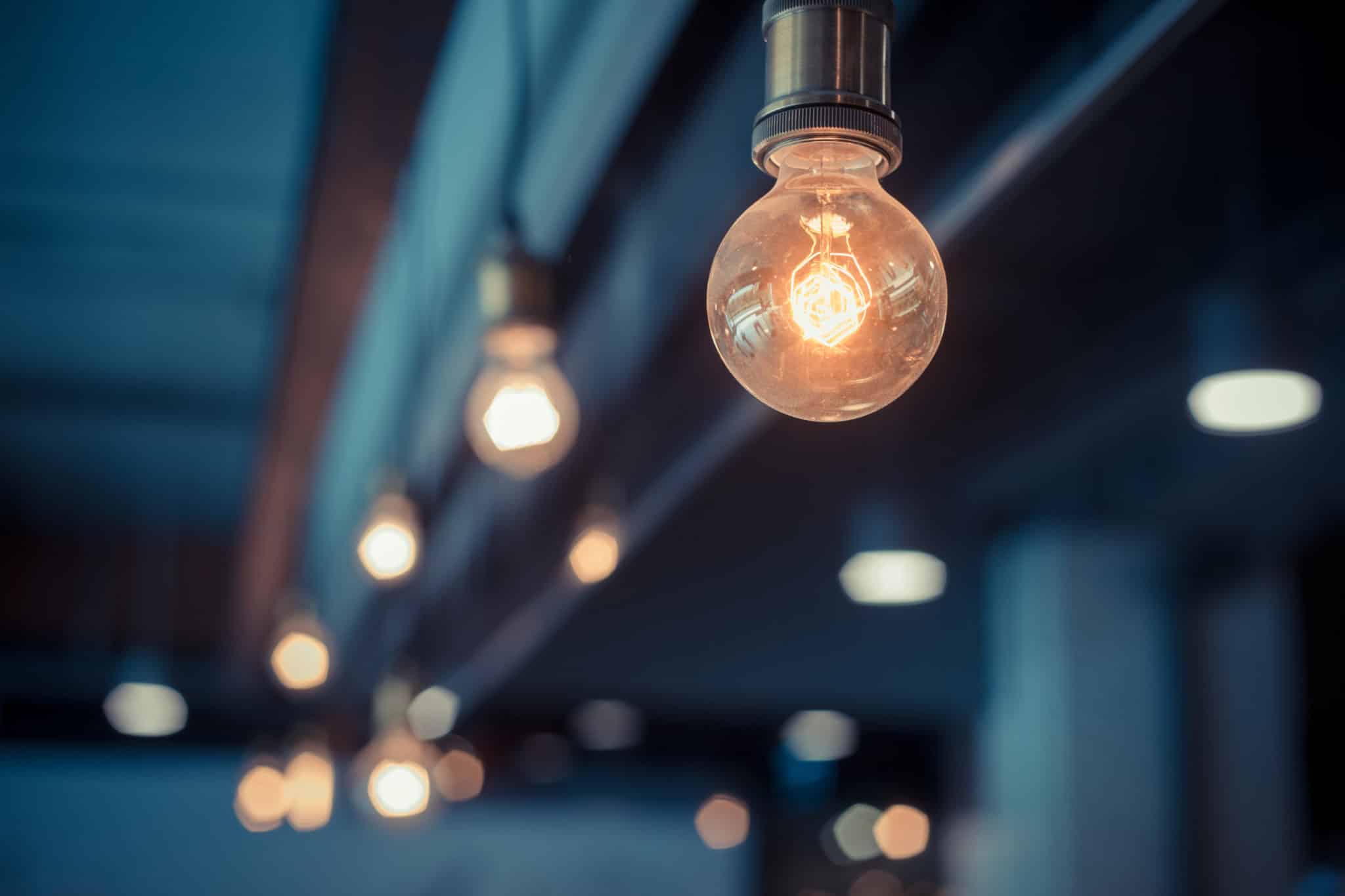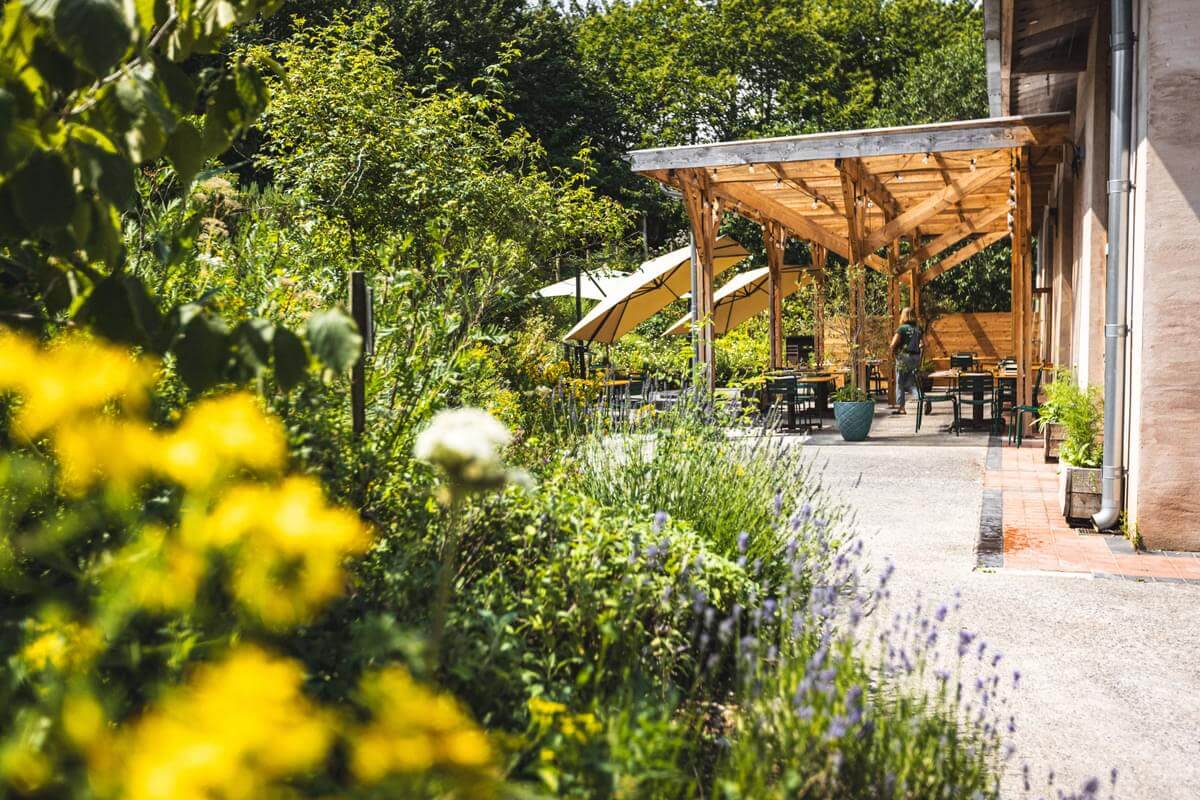Do you switch off lights when you leave a room or boil just the right amount of water for your cuppa? Perhaps you pootle along the motorway at 50mph to save pennies and conserve fuel?
In light of the climate emergency and cost-of-living crisis, that’s all well and good but energy efficiency goes way beyond changing our own individual consumption. The powers that be – communities, businesses, governments – must all change drastically too.
From transport, construction and communication to food and farming, everything requires way too much energy. Global carbon emissions remain at record levels with no sign of decrease, according to the annual Global Carbon Budget report published today. If we carry on as usual, there’s a 50 per cent chance that global heating of 1.5 degrees will be exceeded in just nine years when my children will still be teenagers. That’s terrifying.
“This year we see yet another rise in global fossil CO2 emissions, when we need a rapid decline,” says Professor Pierre Friedlingstein, of Exeter’s Global Systems Institute, who led this study. In the report, climate scientists highlight ‘turbulence’ in the emissions patterns resulting from the pandemic and energy crisis. Even the stats scream instability.
Perhaps it’s because reducing overall consumption doesn’t make the most sensational business plan or guarantee the biggest profit margins?
Global systems need an almighty overhaul to streamline supply chains so that a successful green transition will be swift enough. But replacing fossil fuels with green energy supplies is no quick fix. Partly because renewable technologies haven’t been scaled up enough yet. And partly because renewable energy is produced in peaks depending on the weather conditions and usage fluctuates according to various factors, such as time of day or night. Fundamentally, only if we reduce the overall demand for energy can the supply of renewables meet a bigger proportion of global requirements.
Danfoss, a top global engineering firm that specialises in energy efficient technology has just published a comprehensive analysis of the huge gap that currently exists between supply and demand. In its report, ‘The neglected demand side of the green equation’, Danfoss’ chief executive, Kim Fausing, points out that “the build-out of renewables will not be even near sufficient if we don’t curb our demand for energy”.
While electrification is enabling the green transition, energy efficiency goes one step further and reduces the systemic cost of electrifying. As the International Energy Agency (IEA) states, energy efficiency can take us one-third of the way to net zero.
For every dollar spent on energy efficiency, we can avoid spending more than $2 on energy supply.
Yet, as energy consumption accelerates and global demand for cooling (such as refrigeration and air conditioning) escalates, energy efficiency is an enormous elephant in the room, politically. Perhaps that’s because reducing overall consumption doesn’t make the most sensational business plan or guarantee the biggest profit margins? But actually, for every dollar spent on energy efficiency, we can avoid spending more than $2 on energy supply. Both environmentally and economically, everyone benefits from a circular approach to energy. Design out waste, avoid heat loss, get energy smart and value this resource more than ever before, in your own home and everywhere else too.
Right now, at COP27, we need world leaders to take meaningful, tangible and immediate action – that simply can’t come soon enough. As Fausing puts it, “the greenest, safest and cheapest energy is the energy we don’t use”.










Going further to insulate and save feels like we need far more guidance and expertise. Almost like to vaccine rollout we need a national drive that pushes insulation measures, renewable installs and heating system replacement etc on us.
I am really looking forward to the technology coming soon that should allow us to use off peak electricity. With off peak now being when their is excess power in the grid due to higher win or sun driving surges in renewable generation.
We need faster action on all this together with sustainable transport and not just the good words we seem to have had for years.
Our King sets a good example modelling many of the ideas. While they aren’t exactly ‘oven ready: for the mass market it just needs the politcians to focus and deliver listening to their cival servants.
Hopefully the energy pinch/crisis although really alarming and painful will force us to save energy now as a must. I for one will donate the rebate to the trussell trust right now but also pray there’s real action on heading off the worst of climate change by investing hugely in further renewables and saving energy.
Isn’t it crazy that the government said it wouldn’t do any campaigns to help people save energy, as it was too nanny state like. Hopefully Rishi will reconsider.
Guy has long maintained that only by paying the true cost will consumers think about their consumption. Mainly he is talking about food production but the same is true for energy. It’s an ill wind that blows no good at all, and dreadful as the Ukrainian situation is, and however dire the increases for poorer people in the UK, it has at least woken some of us up to the fact that it is no longer affordable to swan around indoors in shorts and a tee shirt in the depths of winter. Perhaps screaming up to red traffic lights and slamming on the brakes at the last second will also become less common – we can hope.
We are a profligate, wasteful species, especially in the West, and the energy crisis looks fair to teach us a hard lesson. Whilst writing, may I put in a plea for those of us who could manage to pay our energy bills without the government subsidy to consider donating some or all of it to charities which support those who are struggling.
Suggesting that we reduce the amount of energy we consume will see you labelled as an ‘eco-fascist’ or as the last failed uk govt. tried to do to their detractors by calling them ‘anti-growth’ and worse attempted to put them down as ‘guardian reading, tofu eating, wokerati’, which is a tiny minority that really have little influence on actual policy. To consider that we maybe already have enough is a challenge to the already mega- wealthy people who inhabit the Buddhist realm of ‘hungry ghosts’ where no matter how much they eat they are still hungry – so expect to see more and more suggest consumption dreamt up by the ‘techno-fantasists’ who believe ever increasing digital hardware and monitoring systems that will enable the biggest consumers per capita head to consume ever more while doing everything they can to stop the poorest nations from ever catching up. I used to teach permaculture design and we used to advise people to “block up all of the draughts (ensuring you have adequate ventilation), insulate to the hilt and fill you home with antiques (2nd hans stuff) long before looking at solar panels or smart meters
With the question being why don’t we talk about that which we do not do to cut back on energy?
The answer to my mind is a mixture of the fact that if we don’t insulate and / or burn less we are not doing things that the media can make money out of! You can’t sell “newspapers” that can only report that such and such a place is well insulated that the area has reduced it’s energy consumption so there are no riots from the people who like rioting and plotting and complaining and protesting. Nothing is happening. You won’t be selling much in the way of newspapers [just why do we still cut down trees by the acre to make paper to be used once when we no longer need to do so – not producing paper also reduces the amount of energy we use – apart from the damage that the production of such does to the environment] thus you can’t make money or influence people that way – who would buy a so called news paper that says . . . . . . nothing?
Add to that the fact that if people have an excess of energy “just in case” but do not waste it they become happier because they are spending less and destroying less because they are living reasonably peacefully and thus comfortable . . . . . . . people do not actually like change!
Combine these things and the majority will do the one thing in life that they actually want to do – live quietly doing “their own thing” disturbing no one. Nor do we need to control others to enable us to live that way . . . . . and so it goes on! We do not need to go out and work day and night to get the things we need to live, only working a short amount of time to get the things we want – friendly family and neighbours who like you want to stay home with their family!
Well that’s the way I see it ~
the Walrus
Thoroughly agree that we need to reduce energy usage through insulation etc.
However I feel that the key to transitioning to renewable energy lies in low tech energy storage. We need to match availability of energy with the time at which it is needed. Energy produced by strong winds at 2am
when there is low demand needs to be stored to make it available at times of high demand like 4pm – 7pm
Batteries like those in electric cars use far too many scarce non renewable resources.
I think we urgently need research into low tech efficient energy storage & retrieval.
Both reducing energy demand and storing renewable energy efficiently seem to me to be our highest priorities in getting to net zero
More needs to be done to remove perceived and actual barriers to improving energy efficiency in the home.
For example, replacing windows on a listed or conservation area property needs planning permission (a significant paperwork burden and a fee). The fee needs to be removed at least (you don’t need to pay a fee to prune a tree, so there is precedent), or make “permitted rights” with no paperwork required as long as the window is replaced with something visually similar from the property boundary.
Ditto solar panels, as along as the are installed by a suitably certified person (to cover the building control aspects), external batteries, and external ground source heat.
This needs a little parliamentary time, no great expense.
Removing VAT from low wattage LED light bulbs (6w or less, or a watts per lumen threshold) would also help; especially if the Zero VAT rating would only apply to “extra long life” LED bulbs (sometimes called “Dubai” bulbs). Reducing VAT on other energy efficiency changes would also help.